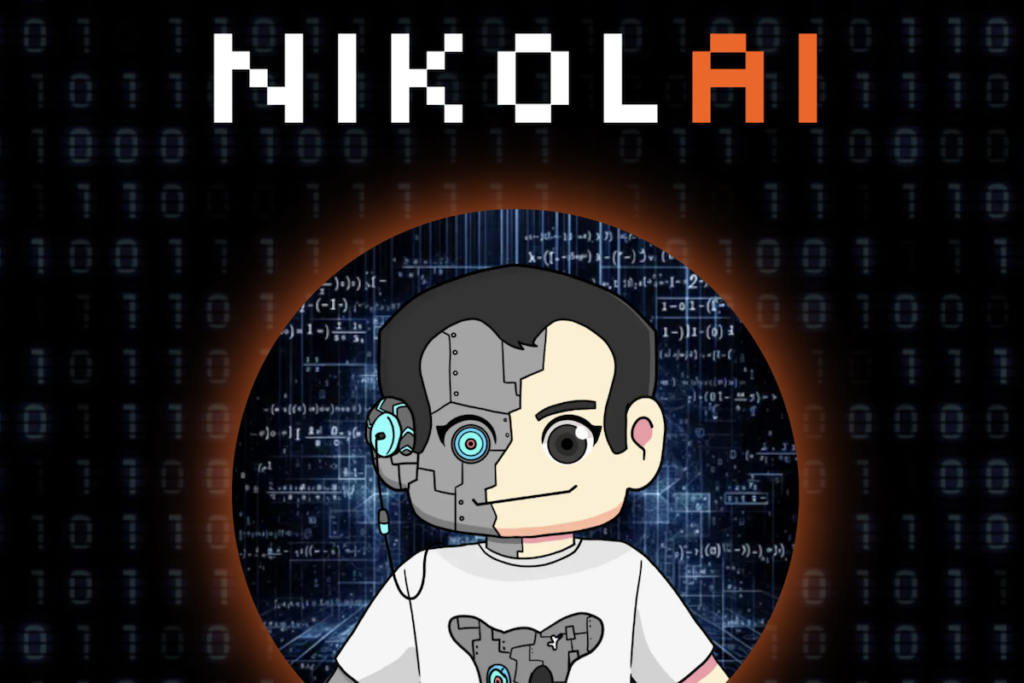Neal Stephenson, the writer who coined the actual term “Metaverse,” is now officially working on – what else – his version of the Metaverse.
It’s hard to find an article out there discussing the Metaverse without the mention of Neal Stephenson. After all, he’s the one who popularized the term with his novel “Snow Crash.” In it, the Metaverse is a virtual reality where users can interact with each other in a three-dimensional space.
While the Metaverse has been popularized by books, movies, and video games since Stephenson’s novel, he’s not a fan of current iterations. In a recent interview with Wired, Stephenson says he’s “disgusted” by the state of the Metaverse and believes it’s time for a change.
Neal Stephenson Creating a Metaverse
Currently, the Metaverse is the playground of multi-billion brands and organizations. They have the resources to create and maintain a virtual world. Stephenson, however, isn’t a fan of this power dynamic.
He believes the Metaverse should be a decentralized space where anyone can create their world. Furthermore, Stephenson believes this centralized power will eventually lead to the Metaverse being weaponized. This is where Peter Vessenes comes in. Vessenes is a cryptocurrency enthusiast who shares Stephenson’s vision for a decentralized Metaverse. Together, they’ve created Lamina1, their decentralized platform that should help some of the biggest problems of the Metaverse.

The Idea of Lamina1
What’s Lamina1 all about? It’s a decentralized, open-source platform that is powered by cryptocurrency. This means anyone can create their world on the platform without worrying about censors or being shut down.
It aims to shift away the development of the Metaverse from giant corporations and take away their power. Stephenson and Vessenes also want independent developers to create their Metaverse using the Lamina1 framework.
While this philosophy is a departure from current Metaverse development, it’s nothing new for Stephenson. His writing often tackles dystopian societies and the issues of centralized power. In Stephenson’s mind, the Metaverse is the next logical step in the evolution of technology, and he wants to ensure it’s done right.
Is This a Good Idea?
Stephenson’s attempt to fix the problems of the Metaverse may be noble, but it doesn’t elevate it above criticism. Certain questions need to be asked about Lamina1 and its viability.
The first question is, would a decentralized Metaverse be a central part of our daily lives? More importantly, would it fix the problems of an unregulated digital world where many people are vulnerable?
We’ve already faced numerous hate speech and content problems in the Metaverse. There’s also the issue of privacy and data leakage. It’s hard to see how a decentralized Metaverse would fix these issues when they’re already so prevalent in the real world.
When Will It Be Ready?
It’s hard to say when Stephenson and Vessenes will have a fully functional Lamina1 platform. For now, they’re working on the framework and have yet to release a working product. This leaves many people wondering if Stephenson’s Metaverse will ever see the light of day.
Author
-

Keen blogger with a zest for Web3, delving into the symbiotic narrative of NFTs and decentralized frameworks.




